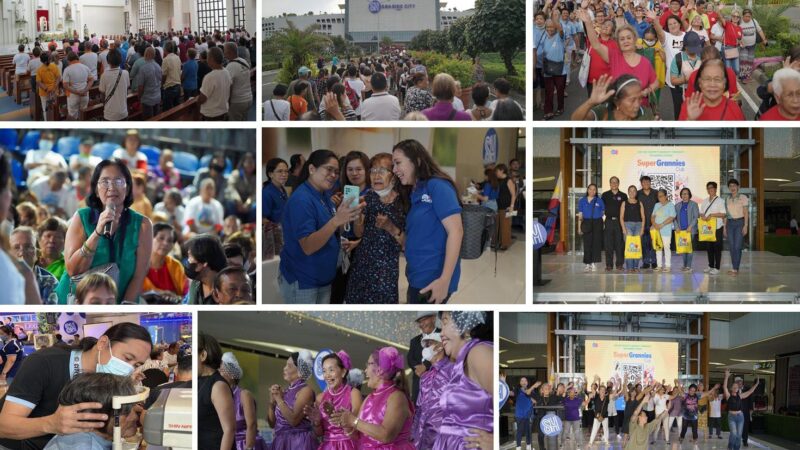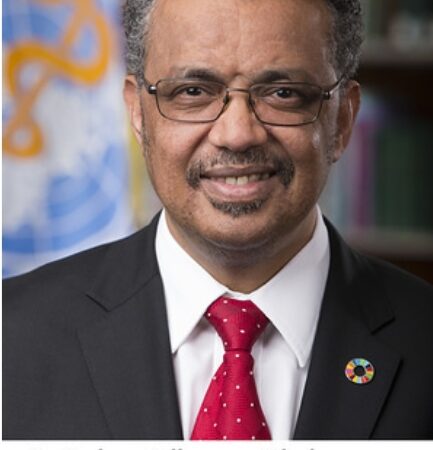Baguio braces for Omicron wave

Baguio City is leaving nothing to chance in preparing for a new surge in Coronavirus disease cases as the country braces for a fresh wave driven by the omicron variant.
Mayor Benjamin Magalong said the city is taking the threat of the omicron variant seriously even if reports indicate the latest variant as causing less severe illness.
“Omicron is highly transmissible as seen in other countries experiencing exponential increase in case reproduction number. It is a challenging variant that is why we cannot take it lightly. While some say it is less severe, let’s not be complacent about it because it can still overwhelm our health system and it will be our greatest challenge because if our health workers are affected, the implication will be felt by other sectors,” the mayor said.
The mayor as early as the second week of November spearheaded the mounting of another contingency plan taking off from the model used for the delta variant.
“We learned a lot from our delta experience to make the needed adjustments and this makes us a lot more prepared now,” he said.
At present, he said the wave has started to manifest in the country.
“It can be seen in other local government units now experiencing sudden increases in cases like one in Metro Manila whose cases increased from 168 to 1,623 in just three days. Parang bumulaga ito sa kanila. We don’t want this to happen to us, that is why we need to prepare,” he said.
He said an increase in the city’s cases also became apparent starting Dec. 28. The daily average of cases rose from 0-1 in week Dec. 19-25 to 9 in week Dec. 26-Jan. 1.
“Our patients at the isolation unit had doubled overnight last Jan. 4 and it is expected to worsen so we really have to be prepared,” he said.
He said the OCTA Research group projected the cases in the country to reach as much as 40,000 a day by the middle of January.
He reminded the public to keep adhering to the minimum public health standards as they did during the delta scourge which the city weathered in a shorter period of less than two months. – Aileen P. Refuerzo


